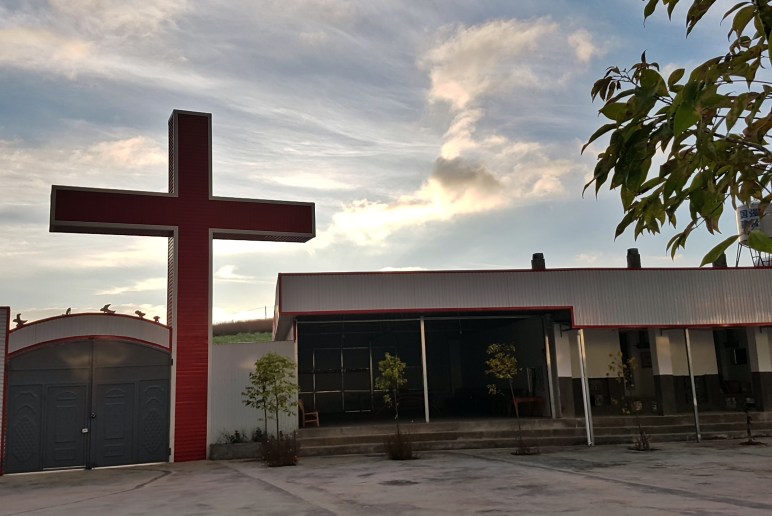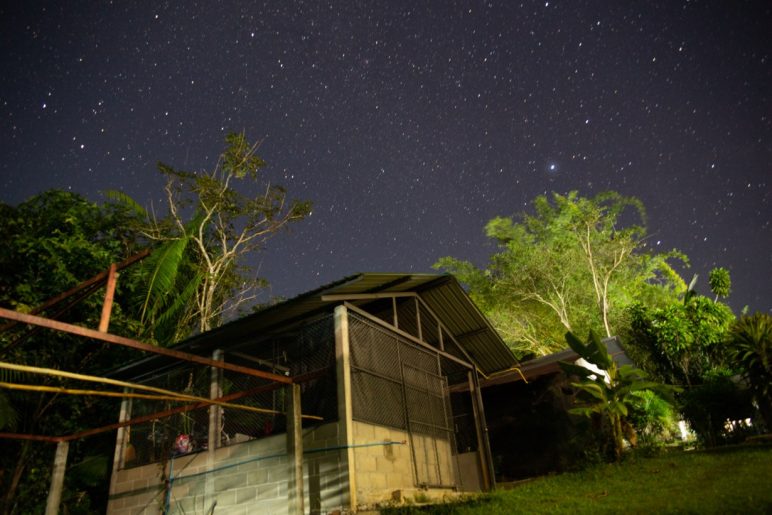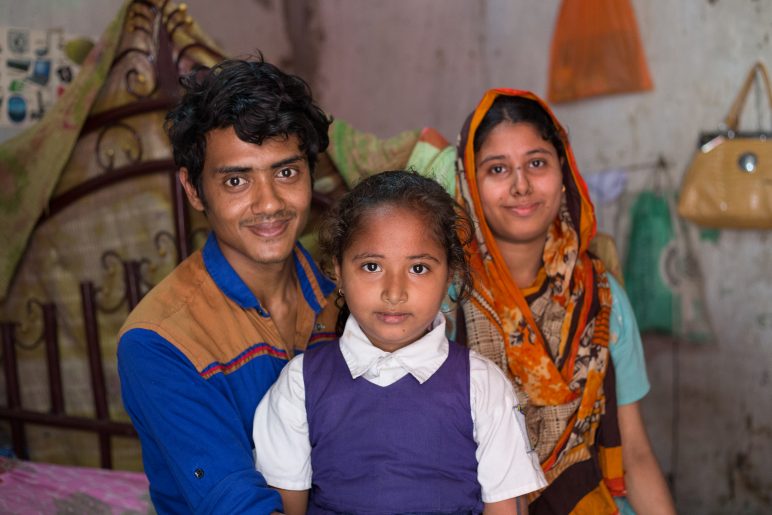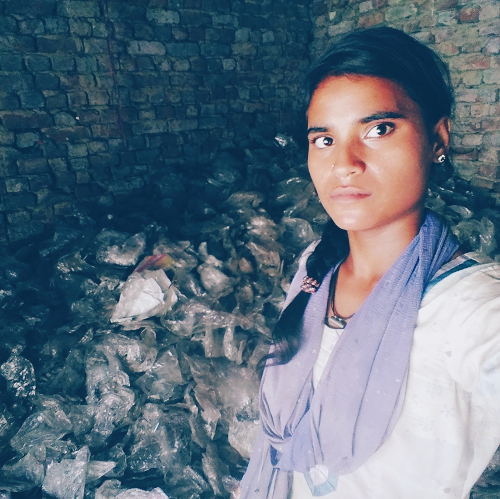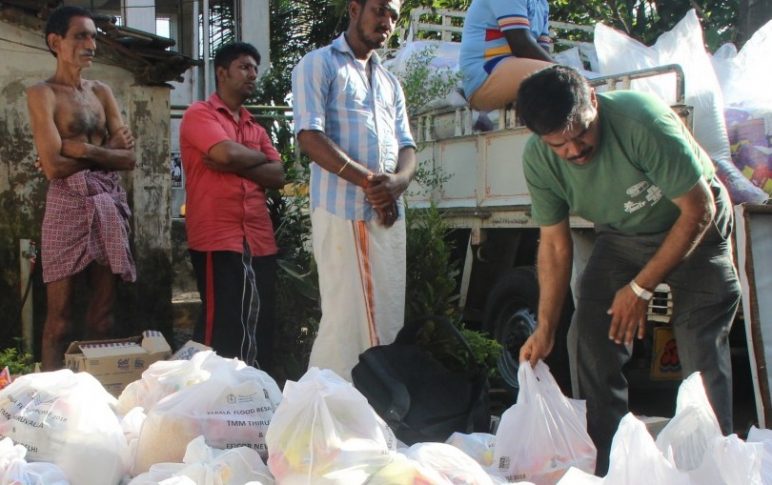[“SHARE” OCT – DEC 2018 ] FOCUS ~ Christian Response to Poverty
Written by: Raymond Kwong (CEDAR’s Chief Executive) and Jady Sit
In recent years, the international development sector began to emphasise the importance of human inner transformation for uprooting poverty. For instance, Cornell University Professor Kaushik Basu, who serves as the chief economist of World Bank from 2012 to 2016, shared in a public lecture, that no matter what kind of models of poverty alleviation is, one of the key factors to its success is whether people are willing to let go of some of their own interests or economic benefits and seek higher purposes, with which human being in general are common, and so, he advocates strengthening values education in society. This is about changing hearts and minds.
Impoverishment is a consequence of mankind’s broken relationship with God, with each other, and with the rest of the Creation. This broken relationship does not limited to the poor, but also to the non-poor. That is to say, for the sake of ending poverty, inner change has to happen with both the haves and the have-nots.
Continue reading Uprooting Poverty: The Perspective of Christian Faith





